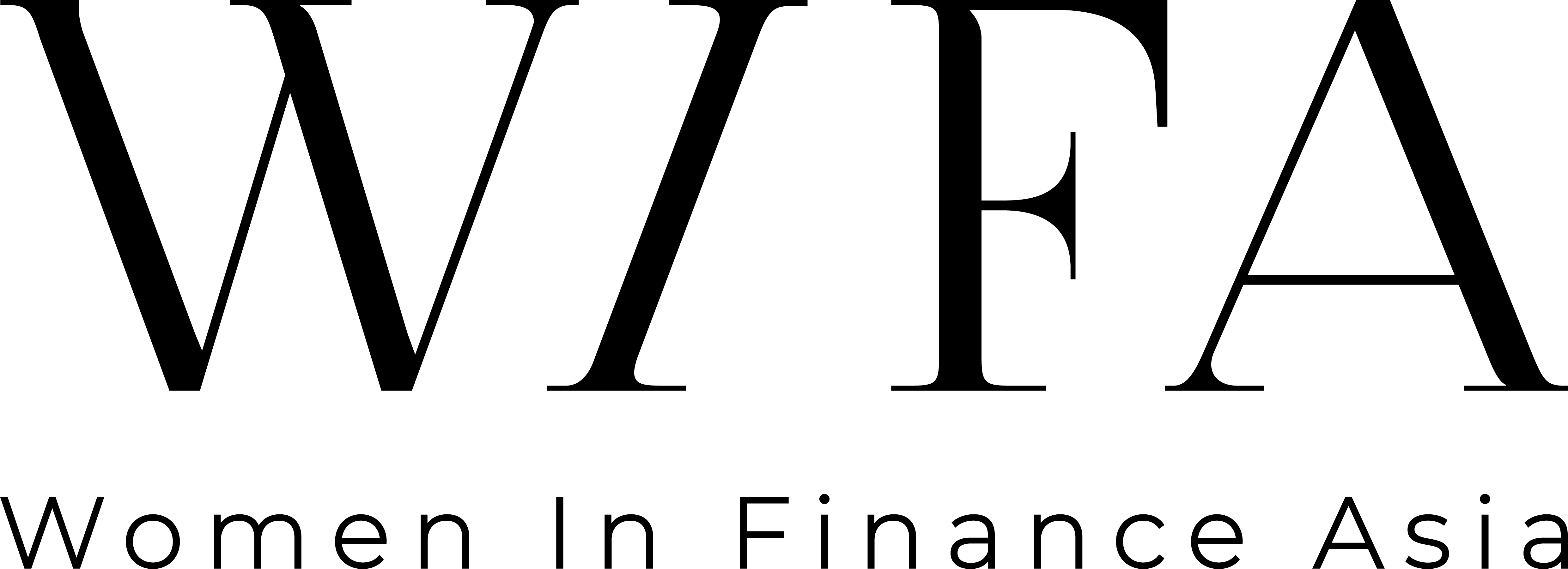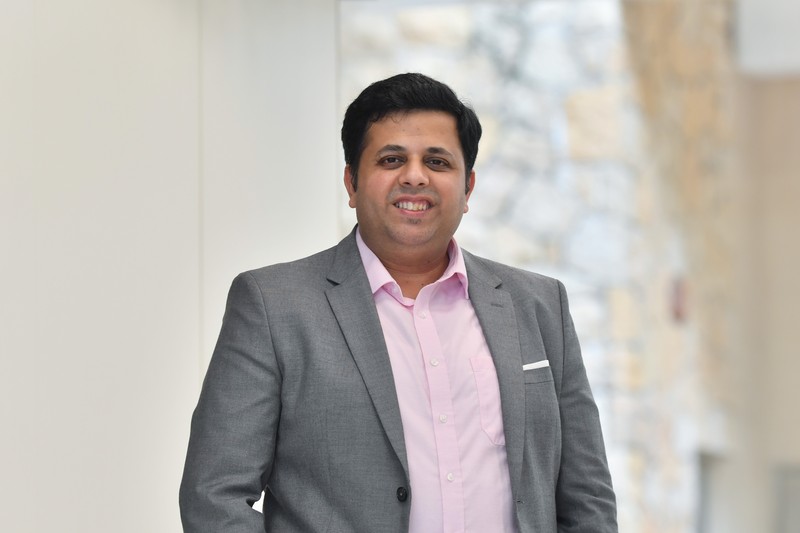Musheer Ahmed, Founder & Managing Director of Finstep Asia, a venture builder powering Asia’s next generation of Digital businesses, shares with WiFA his motivation to be a male ally, his mentorship experience, advice to others on being a male ally, and much more.
Tell us about yourself.
I have over 16+ years of experience in the financial services industry, with a decade as a FICC trader and last six years in Fintech. I am passionate about how technology is transforming financial services and an active participant in enabling cross border collaboration for the industry. I am a cofounder of the Fintech Association of Hong Kong (FTAHK), on the Board of the Global Impact Fintech Forum (GIFT), cofounder of Virtual Fintech Fair, a Global Ambassador for Tokyo Metropolitan Government and member of United Nations ESCAP ESBN Youth and Women Taskforce.
What motivates you to be an ally in the financial services industry?
When I moved to Hong Kong for my MBA program, I was very fortunate to participate in WiFA events and engage with passionate women leaders in the industry. Although I came from a male dominated industry, I have had many opportunities to work with highly talented and motivated women colleagues across my career. These colleagues often debunked gender stereotypes and showed us how talent and success had nothing to do with their gender.
In my interactions with female leaders at WIFA, such as Anna Stephenson, Benedicte Nolens, Kate Reid, among others, I learnt a lot about the industry as well as the importance of understanding barriers that women professionals face in the industry. Some of these exist due to ignorance and lack of awareness that men have about these barriers and their impact.
In the past six years, I have had the wonderful opportunity to work with many female professionals in the Fintech ecosystem, both in my capacity as cofounder of the FTAHK as well as in my engagements with Finstep Asia. Through my interactions with the female co-founders, board members and co-chairs of the FTAHK, we not only showcased the strength of women in the industry, but also paid great emphasis on the importance of placing diversity at the front and centre of a company’s agenda.
It is important for male allies to actively advocate the need for diversity across the workplace, events and any engagements in the industry. Awareness is needed from male allies and leaders to actively state the need for diversity. I signed up for the panel pledge and refuse speaking engagements if there is no female on the panel. I often offer to nominate a female speaker or offer my spot instead. We also apply the same rule to events we organise. This is also a practice that a very senior male professional in the Asset Management industry follows. When organisers are made aware of the requirement, it makes them sensitive to the topic of diversity, and over time they start making diversity as part of their agenda.
Mentors play an important role in the development of the careers of women. Have you or are you mentoring a woman in finance? Please tell us about your experience.
I see mentorship as a partnership. A sharing of experiences and opinions. I have been fortunate to mentor women in finance, especially in the last few years in Hong Kong. Working with the WiFA and University of Hong Kong mentorship programs has been very enriching. With mentorship, most often the mentee is looking for validation of their ideas/opinions and the alternative opportunities, while also looking to learn more about what the likely consequences of their decisions will be. The conversations with my mentees are focused on their career progression and choices they are considering. Often, the conversations were on the decisions they were looking to make at work, and in some cases to do with experiences in leadership
I like to share with them my personal professional experiences, while also highlighting examples of other successful professionals, both male and female. Mentoring offers me the chance to also learn a lot from my mentees regarding their roles as well as providing me with an insight on their personalities. Most of the women I have mentored are quite talented and accomplished. Their experiences help me better understand and sensitise me for interactions with my female colleagues.
What advice or guidance would you provide men so they can become an ally? What can they do better to support their female colleagues professionally?
The most important issue for men in the industry is to have awareness of the experiences and issues faced by women in the industry, which often can be different to what men experience. Beyond the glass ceilings, women may not have the same opportunities, or be aware of the opportunities that exist, at their workplace. I strongly believe that women are as talented as men, if not better in many cases. It is the male ally’s role to proactively showcase the talent their female colleagues have and help them recognise the opportunities they can capture.

